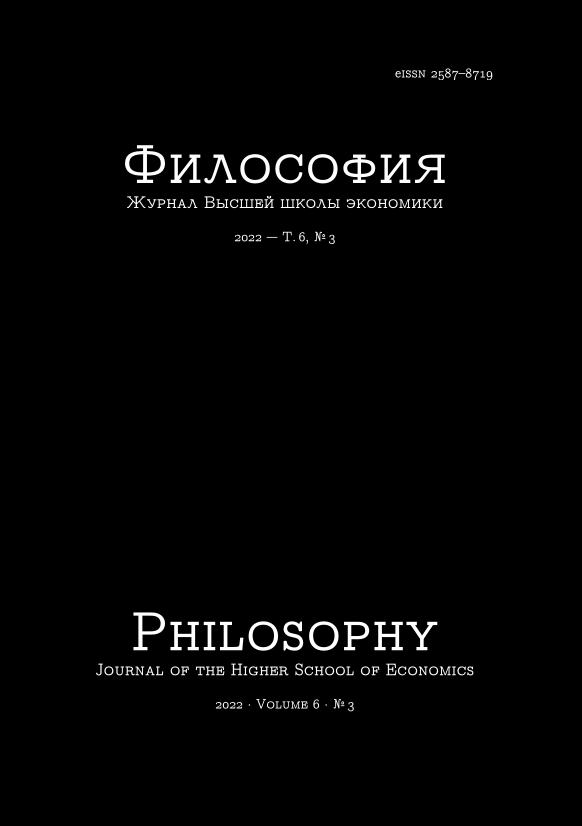Contemporary Russian Poetry in the Period of Intense Events
Abstract
This article examines the impact of being inside the intense development of events on contemporary Russian poetry as a set of institutions of production and consumption of texts. We prove that under this influence of events, not only individual ways of texts' existence are changing, but also the very meaning of media and social contexts of poetry development. Poetry turns out to be an area not so much of comprehending current reality as differentiating the very modes of utterance that represent the actual state of affairs. Therefore, in the period of events, poetry partly returns to the representational principles of the old art, but there also appear new ways of poetry expansion, from illustrated publication to collaborations with intellectuals, commentators or artistic communities, which enable it to operate in the field of public discourse. The following shifts are taking place in Russian poetry now: (1) the rejection of reliance on former resources of relevance for the sake of establishing new infrastructures of social attention; (2) the creation of new forms of justification of poetic expression, different from previous criticism or statements; (3) the problematic action in the political field in differentiating figures of “proper” and “other”; (4) metacriticism of poetics as a figurative text structure, along with implicit indications of the limitations of figurative writing. As a result, in contemporary Russian poetry, the problematization of the other as unpredictable, dangerous, and yet necessary entirely coincides with the latest postcolonial, gender, and social criticism.
Downloads
Copyright (c) 2022 Philosophy. Journal of the Higher School of Economics

This work is licensed under a Creative Commons Attribution-NonCommercial 4.0 International License.






